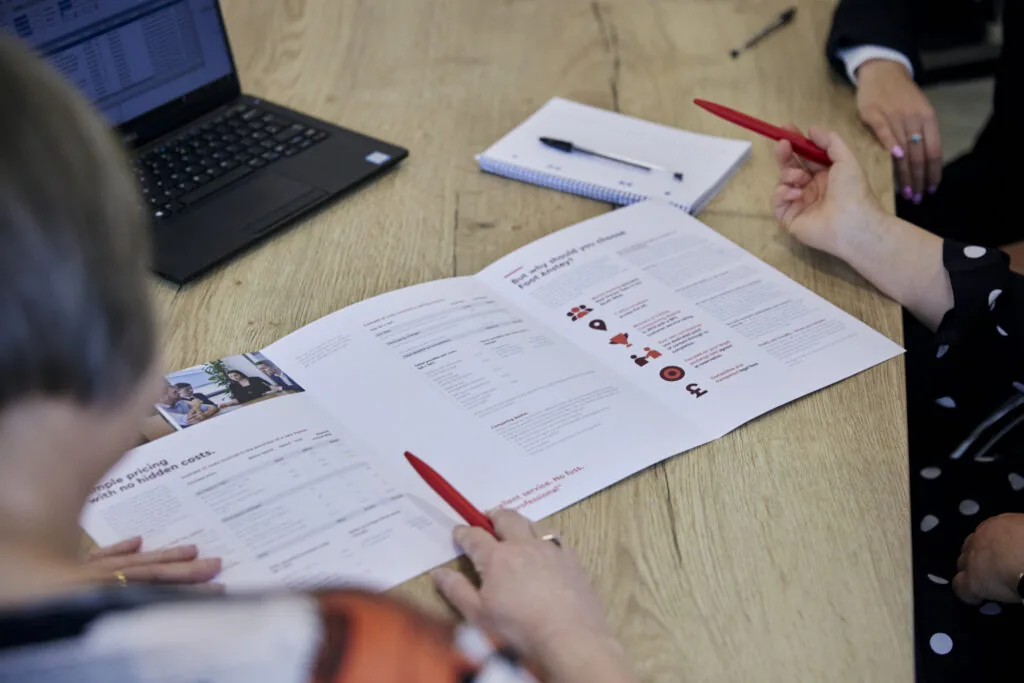
Furlough and reputation: the case for transparency

Arguably public opinion has become an even more important aspect of business decision making during lockdown and decisions judged or how they have or have not taken this into account. In many ways, the way a business has considered their stakeholders and public sentiment either in advance, or reactively, is a business' brand distilled into its purest form.
Some businesses appear to have taken decisions simply because they were the right thing to do (a number, but not all, of these seem to have been where businesses are led by a person who is them self philanthropic), and you only have to turn on the radio or TV to hear and see ads from brands actively positioning themselves as supporting their consumers through a difficult time. 'We are all in this together' is the repeated slogan and that's worthy and lands well in these times, it sets expectations about culture and decisions that permeate through consumers' expectations. We are, in many ways, in a new normal of how businesses are 'expected' to behave.
We've seen swift backlash against decisions judged to be taken too late, or to early, in particular in the health and safety arena. The first examples were businesses viewed as being too slow to close. The latest examples have been 'non-essential' businesses judged as too fast to reopen.
And right in the middle of that, throughout lockdown and the associated economic disruption, has been businesses' use of the government furlough scheme. Some have been criticised for using it at all: such as Victoria Beckham's fashion brand or Virgin. Unlike the law, public opinion pierces the corporate veil at whim, and looks at the wealth and perceived tax contribution of high net worth and celebrity shareholders when making its judgments.
The truth is that conflation of personal wealth of shareholders and/or historic profit margin in businesses misses the basic business reality that when demand dries up, so does revenue, and quickly cash. Past profit may pay dividends, but it also pays for capital expenditure for future growth and benefits for people. It doesn't sit in a bag marked 'swag'. Plainly, there are complicated feelings and issues where high profile shareholders, particularly those outside of the jurisdiction who pay no or limited tax here, have received dividends from those business. That's a whole other article. But, there is a basic reality in business that when cash stops coming in, businesses need to look at controlling costs and for most the cost that can be cut is staff costs (where others like property are often fixed for long periods). Unlike in 'usual recessions' (if such a thing exists) the furlough scheme represents a lifeboat to save jobs. Its use, in the vast majority of cases, is a positive thing: it avoids the alternative of redundancy and preserves jobs. Businesses criticised for its use can, and should, communicate with and educate relevant markets and stakeholders about this, and why it has been used, better.
The most recent development we've seen is the announcement on 2 June by The Spectator's Chairman, Andrew Neil, that, as its losses have been lower than expected, it is going to repay the money it has had through the furlough scheme. That is, on any analysis, worthy of praise. But does it recalibrate the expectations of the court of public opinion? To his credit, Mr Neil seems to foresee this as a possibility and the statement says:
We do this not to set an example for other companies to follow but because we can afford to do so. It transpired that, contrary to our earlier fears, we did not need the furlough money to survive. So it seems only fair we return what, in the end, we did not need. Many other companies will not be in the same fortunate position.
Nonetheless, it will be interesting to see if public opinion, which often ignores nuance and deals in moral absolutism, will take the same view about businesses perceived to be profitable, lockdown notwithstanding. The obvious counterpoint to businesspeople is – we can surely expect to repay the furlough monies in full anyway. It is already clear that an announced reduction in corporation tax is not going to happen and speculation is rife about future tax rises.
What's interesting about The Spectator's decision is the reaction. In a tweet on 3 June, the editor Fraser Nelson said:
Yesterday, The Spectator said it was returning furlough money to the government – and that we instead hoped to sell more subscriptions. The response was amazing: we sold more subscriptions yesterday than any day in our history. To those who have joined us: thank you!
So doing the right thing, or the perceived right thing, even where you do it for its own sake, can have tangible rewards. For lots of businesses that is something to think about. For others who aren't in the same place but fear expectations or pressure that they take similar steps, the key is in information, communication and education and in closing the disconnect between perception of the use of furlough scheme to protect fat cat's profits versus the reality in practice of using it because the alternative, frankly, would have been widespread redundancy by now. That’s a blunt message and probably not right for corporate PR/brand comms, but the underlying message of transparency and clarity must, we think, be the best protection against risk of backlash in this latest example of the new normal.
Feel free to contact us if we can help you with any related legal issues.













